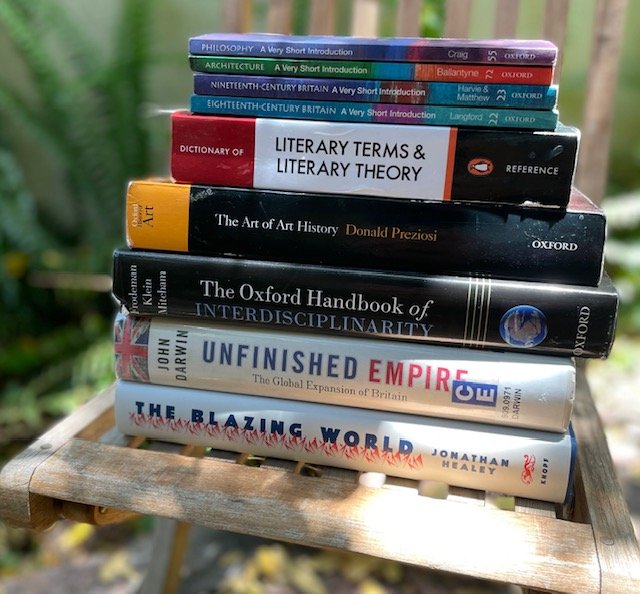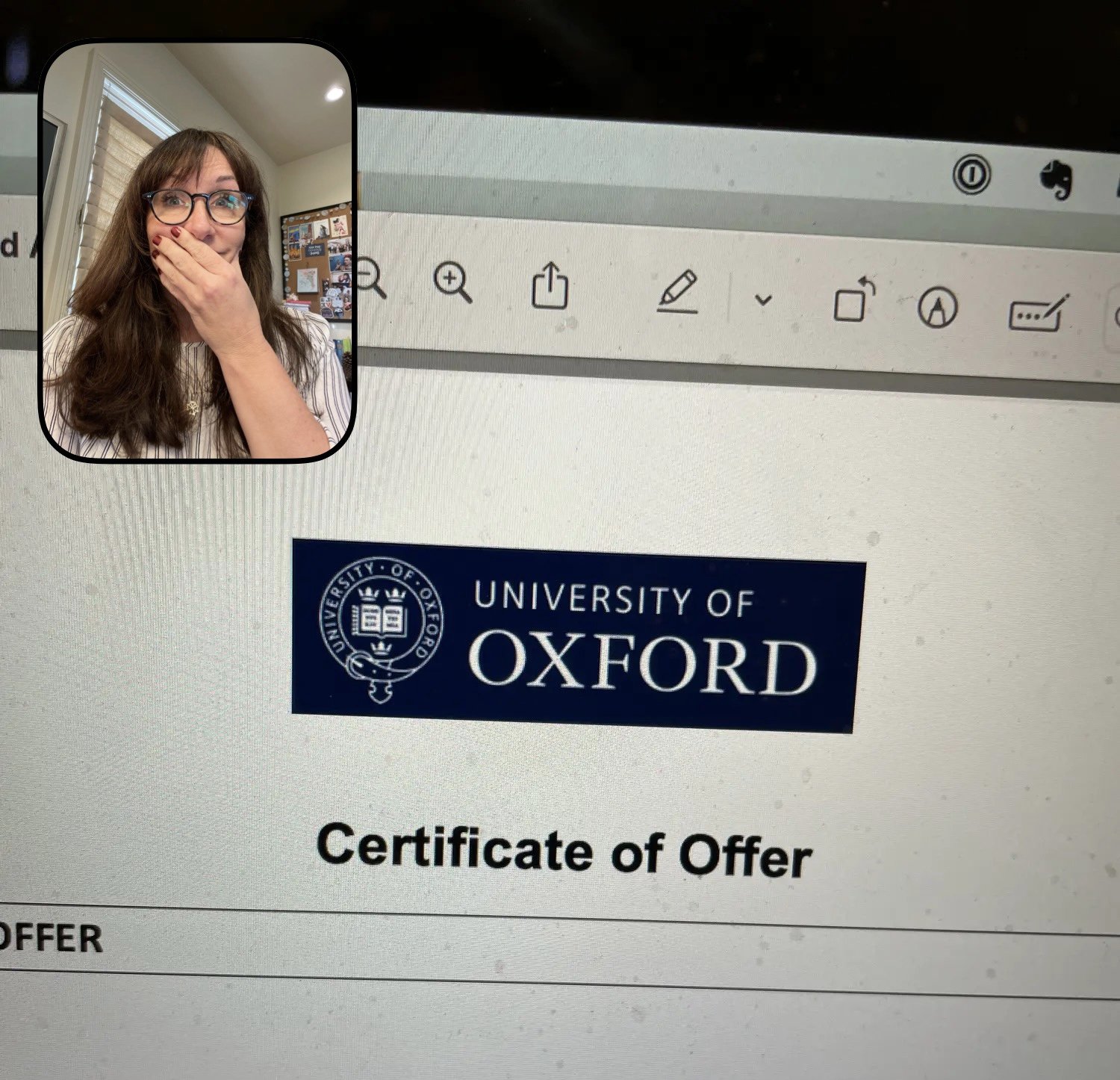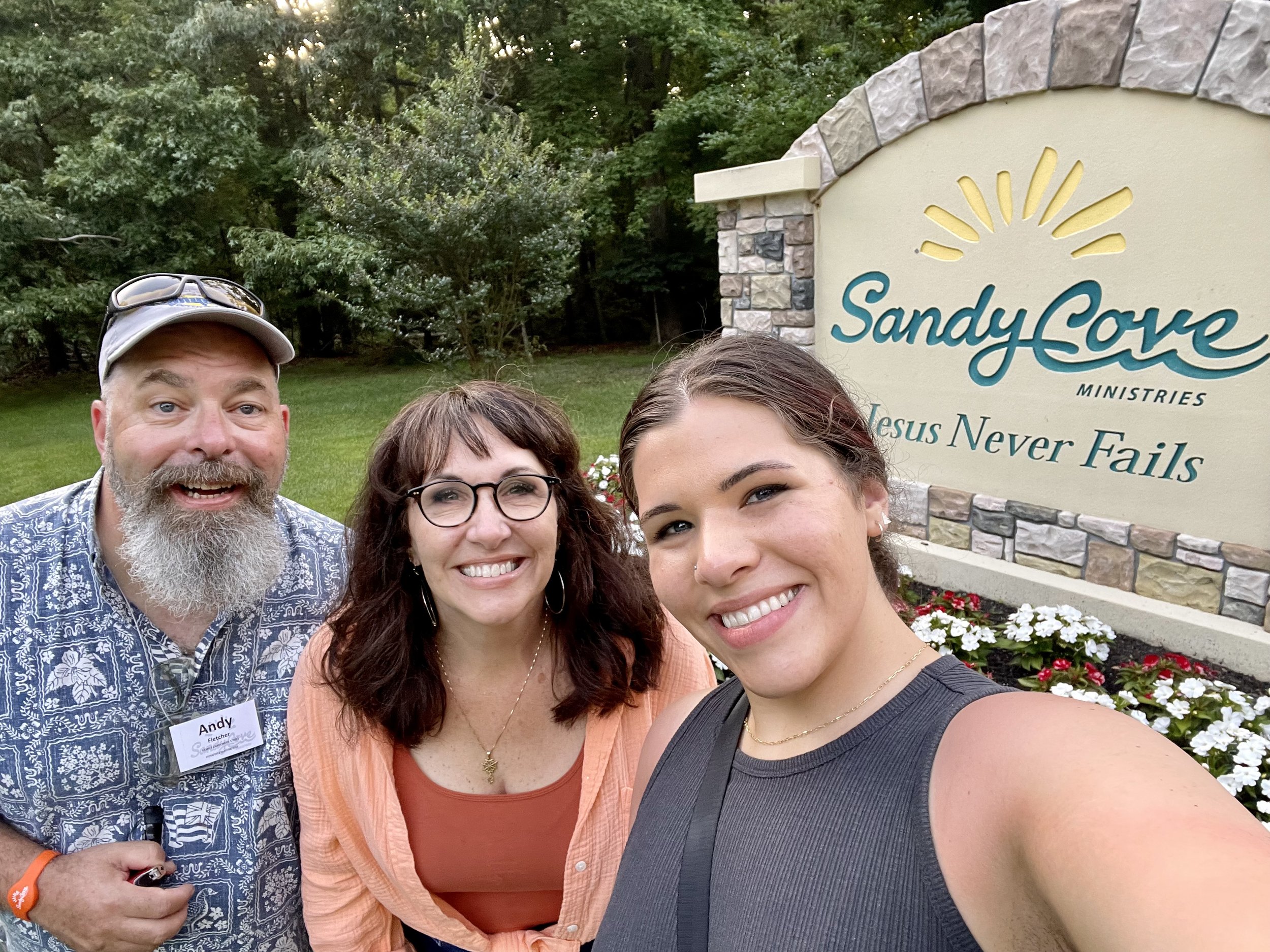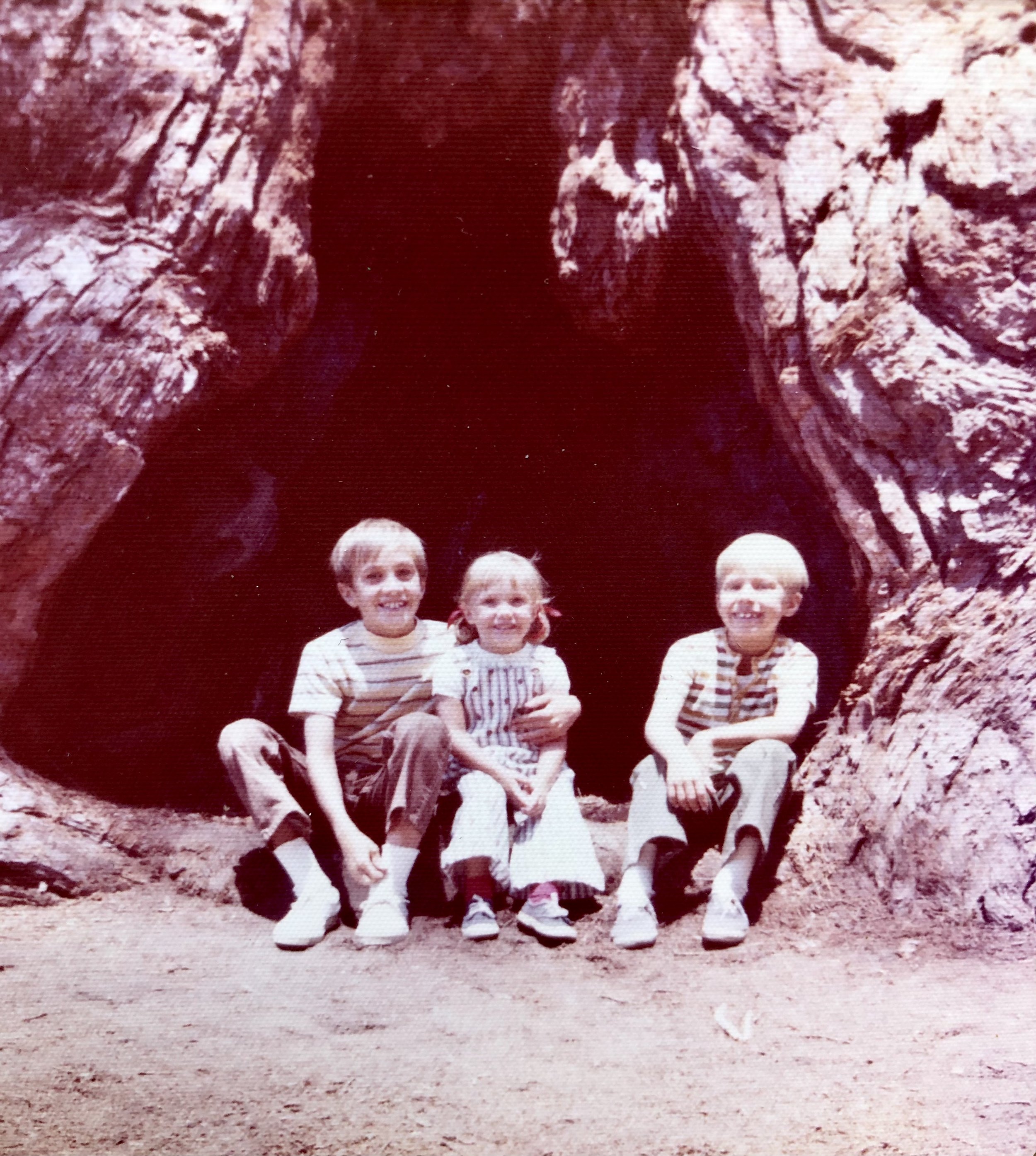Recently in this space, I wrote a post titled, “What to Do When You Just Can’t Do Church Anymore”. It was written for those who earnestly love the gospel of Jesus Christ but who have been so turned off in one way or another by the church, they just couldn’t bring themselves to be there anymore.
Overwhelmingly, it was helpful. I’ve had plenty of feedback from readers who have been thankful for the grace and space to breathe and a chance to heal from whatever the hurts and issues have been, and who are finding a way forward.
Also, I’ve received some hate. Blogging is an open forum to write what you believe to be a helpful, Biblical, gospel-saturated piece that can then be immediately torn apart by those who believe themselves to know better. I’ve grown a thick skin over the years, but I have also been around the block for nearly half a century, which is long enough to recognize when arrogance runs the ship. Usually, when there is an immediate dismissal of a grace-laced article written with an intent to point readers back to Jesus, the antagonist has not himself been broken enough yet. When our faith is tested, we tend to have gobs of grace to let others figure things out for themselves, too.
But let’s move on to the reason I’m writing this particular post, and I’ll begin with the same caveat that I wrote in the related post about church:
I am not the Holy Spirit.
Take everything I write with that big sentence ringing in your ears.
So while I am not your Holy Spirit, I can stand here as a compassionate reminder that you can listen for him and seek God’s truth, and being one of the people who point you back to Jesus is my heart’s deep desire and the reason I write in the first place. I’m no substitute for God.
That having been established, these are the truths I know about being in an emotional space where you just can’t open your Bible anymore:
1.
You don’t have to open your Bible anymore.
Don’t write me off yet. Read the rest before you start sending comments my way.
When we left our rigid, rules-loving church community, I went through a painful time of reassessing everything I knew to be Christianity. It wasn’t just about the 10 years we spent in a culture of behavior-based religion. I had to re-examine my Evangelical upbringing, too, because while I had parents who passionately loved the gospel and earnestly believed in God, there was a lot of gobbly-gook tied in with all of the things we did.
From Sunday School to youth group to summer camp to small groups, and yes, to Bible study, my brain was busy cataloging all of the ways a good Christian woman behaves. For me, the list included everything from spiritual disciplines (fasting, prayer, Bible reading) to Western Christian cultural norms (contemporary Christian music, involvement in para-church organizations, dressing a certain “acceptable” way).
It was a lot to bear. Several years into my adult post-college life of raising and homeschooling a million kids, I remember sitting in my van one day crying out to God, “You say your yoke is easy and your burden is light, but this feels like oppression!” And it was.
But God had not burdened me with the endless list of “required” behavior. I had. At the top of that insufferable list was Bible reading. Being “in the Word”. Usually in some sort of daily “quiet time”. For me, reading my Bible was not only a checklist item, but it was also a badge of religious achievement, something I could sling around to showcase my Christian prowess. If I could start a conversation with, “I was reading in the book of Galatians today. . .” I earned gold stars or jewels in my crown or something.
So when it came time to sift through the religious chaff of my own planting, I had to shut my amply-underlined Bible. I stopped reading altogether. Until I could come to a place where reading it was driven by God’s love for me and a hunger for His words, I just couldn’t bring myself to go through the motions. I shut up about how much I’d read, too.
And then the time came. Three years (yes, years) later, I wanted to read my Bible again. All of the Scripture I’d memorized over the course of my lifetime had served me well in the interim, but now I knew it was time to jump back in because I had a desire placed in my heart. I wanted to open it up and read with other people and discuss it and chew on it and let it change me.
If my story shares similarities with your story, let me encourage you. Stay close to Jesus and watch how he draws you back to the things that are going to continue to mold you into the likeness of Christ. It’s okay to crumple up the to-do list and train your ear to listen for him, instead. In fact, it will be better.
2.
When it’s time, you might find that approaching the Bible in a new and different way is exactly how you need to approach the Bible.
So, yes, I stopped reading my Bible. But then I discovered something surprising: If I listened to someone else read the Bible, it didn’t feel as if I were just trying to play by the rules and gain some extra Brownie points.
It may seem convoluted, but hearing the Bible every day is better for me. It reverberates in my ears and makes me think deeply. I can’t say whether or not it will be better for you, too, but it’s worth looking into.
My favorite audio Bible app is Dwell. It will cost you some pennies, but it will be worth every single one. You can listen along to a plan or to whatever you choose. You can change the voice reading it, kind of like when you switch to a different voice announcing directions on your car’s GPS. You can change the speed (I’m a double-time girl) and choose whether or not you want background music and what exactly that will sound like.
























